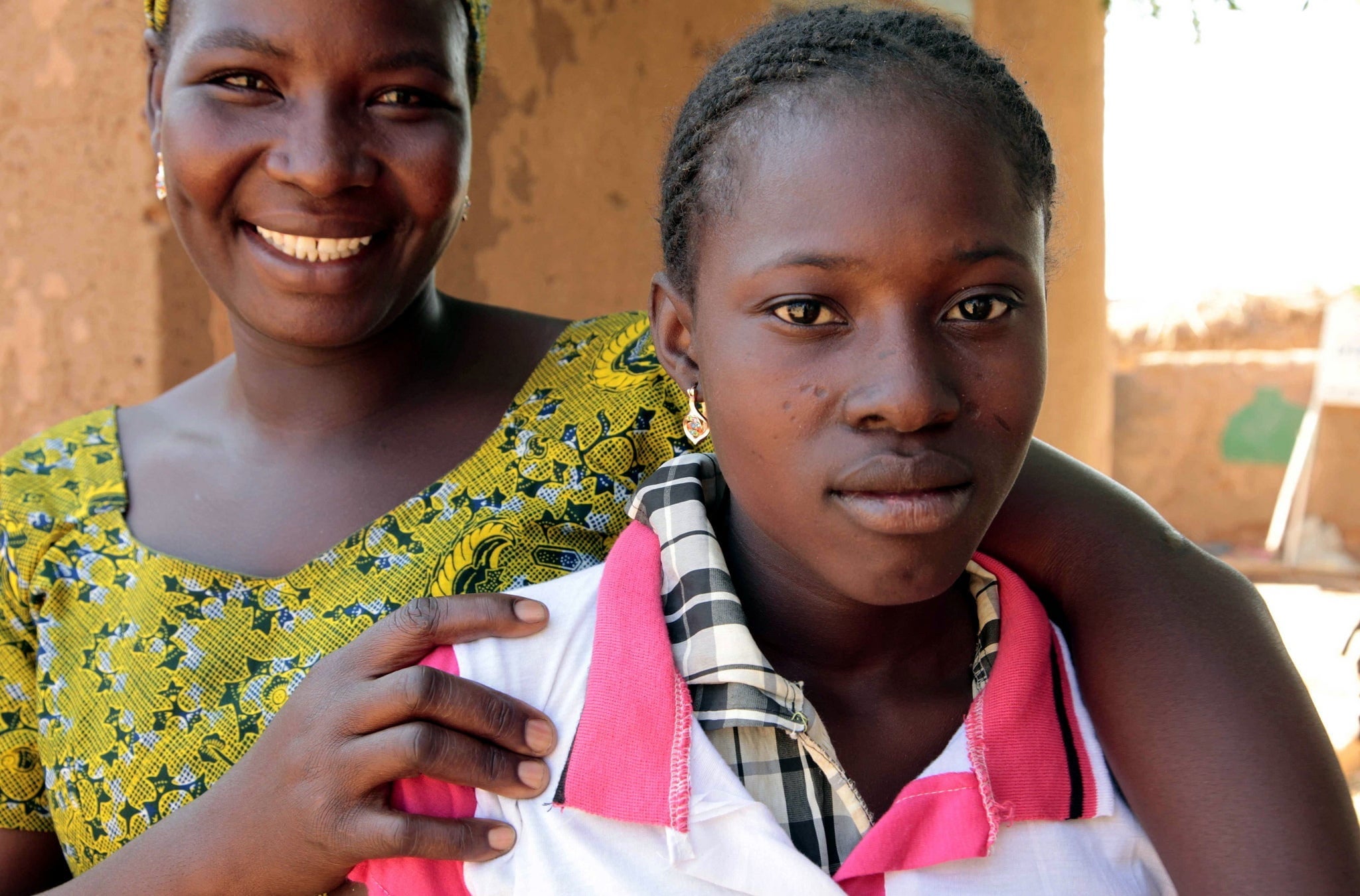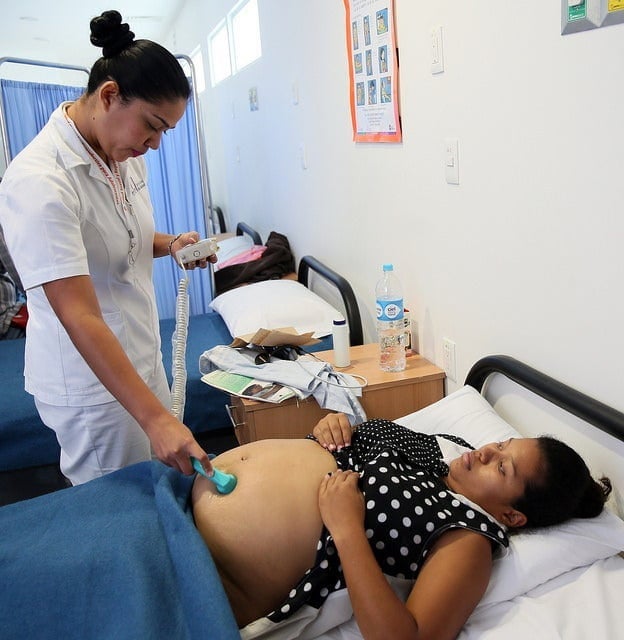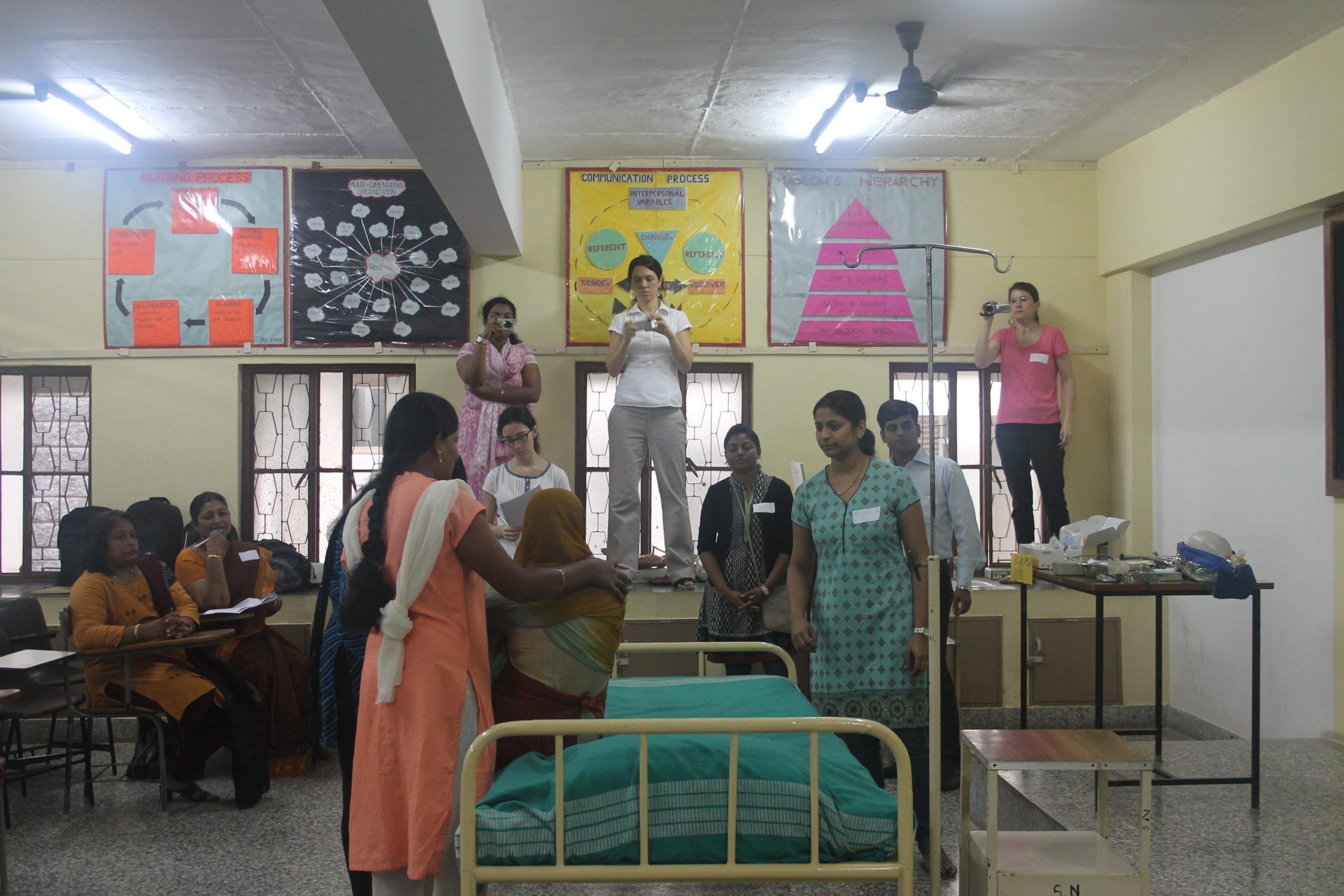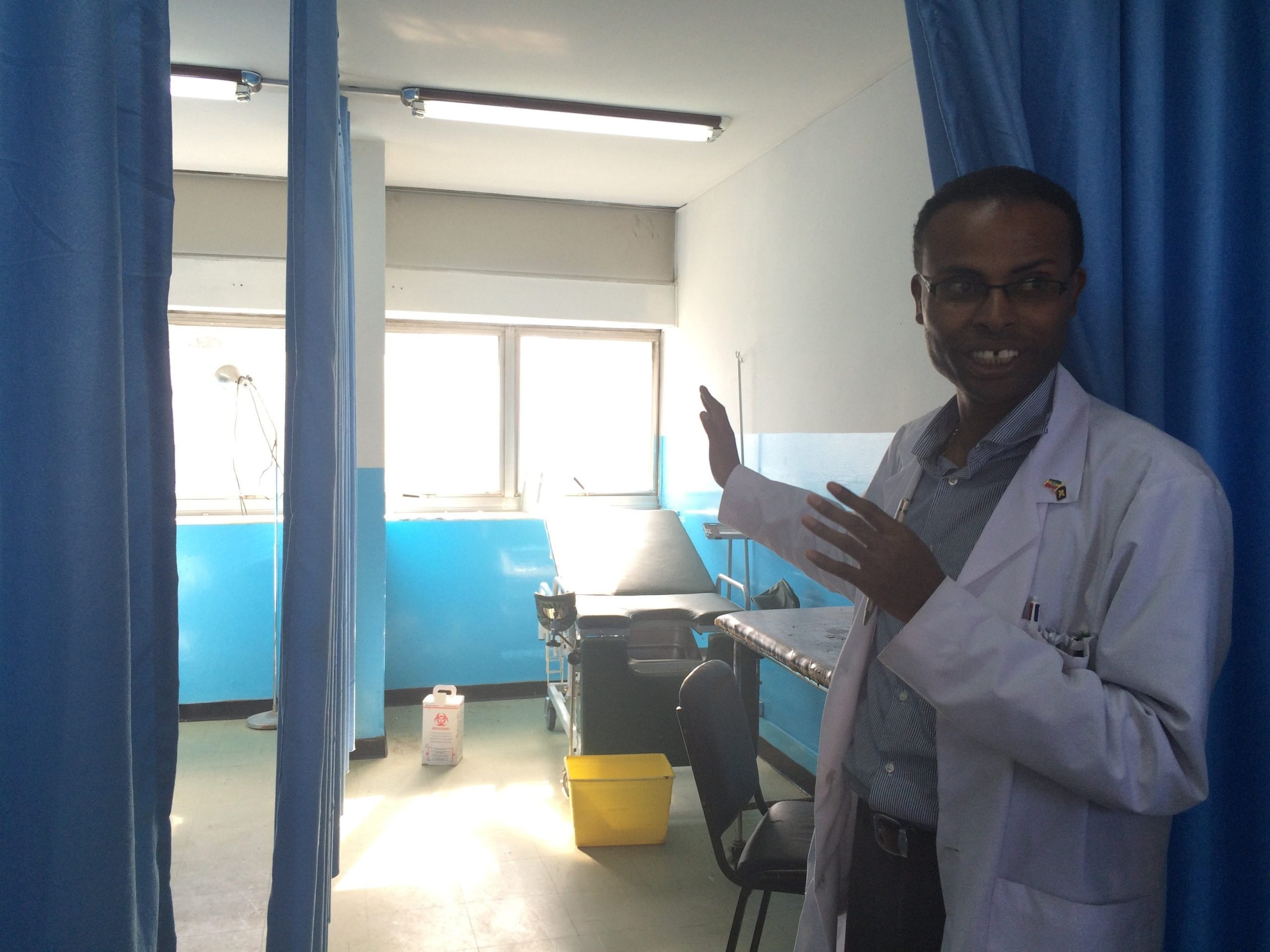Maternal Health Task Force
The Maternal Health Task Force strives to create a strong, well-informed and collaborative community of individuals focused on ending preventable maternal mortality and morbidity worldwide.
677 Huntington Avenue
Boston, MA 02115
Blog
-
Wilson Center Event: After Copenhagen, What Next for Women and Girls?
We are excited to announce the upcoming policy dialogue, After Copenhagen, What Next for Women and Girls? The event will take place in Washington, D.C. at The Wilson Center (and online!) on Monday, July 18, 2016. This dialogue is part of the Maternal Health Task Force’s Advancing Policy Dialogue on Maternal Health Series, in partnership with UNFPA and the Wilson Center…read more

-
Lessons Learned from Implementing the WHO Safe Childbirth Checklist
To maintain momentum for maternal newborn health, we must share our successes and failures in improving health outcomes for moms and babies. This month, scientists at Ariadne Labs, a collaboration between Brigham and Women’s Hospital and the Harvard T.H. Chan School of Public Health, hosted a webinar to present their partner’s experience using the World Health Organization (WHO) Safe Childbirth Checklist in Namibia. Participants discussed the development of the checklist, an implementation project, and key takeaways on using the checklist in other settings…read more
-
Reasons to Retire the Skilled Birth Attendant Indicator and Proposed Alternatives
Monitoring the skilled birth attendant (SBA) indicator for the Millennium Development Goals did not demonstrate the expected outcomes. It appears that SBA did catalyze significant maternal mortality reductions, but not in the low-resource districts and nations where the greatest challenges lie. As Stephen Hodgins suggested in his recent blog post about the SBA indicator, we need to reassess its global utility and consider alternative measures…read more
-
Accountability for RMNCAH in India: The Critical Role of Civil Society
With the 2015 launch of the Sustainable Development Goals (SDGs), the Global Strategy for Women’s, Children’s, and Adolescents’ Health, and the Global Financing Facility, the world is poised to improve the survival, health, and wellbeing of women, children, and adolescents. In particular, making progress in India is crucial because it bears so much of the world’s burden of mortality and morbidity. Global and national goals, plans, and strategies are just the first step, however. The accountability mechanisms put in place to ensure that budgets, programs, and policies are implemented effectively and benefit the target communities are equally important. India can learn valuable lessons from examples of accountability mechanisms led by or involving civil society…read more
-
15 New Jobs in Maternal Newborn Health!
Interested in a position in maternal, newborn, or reproductive health? Every month, the Maternal Health Task Force rounds up job and internship postings from around the globe…read more
-
Addressing Sexual and Reproductive Health and Rights Is Vital to Zika Response
Now affecting over a million people in 20 countries, the Zika epidemic in the Latin America and Caribbean region has engendered a complex scenario that must go beyond addressing prevention, diagnosis, and treatment. Due to the virus’ potential effects on newborns and developing fetuses, ranging from microcephaly to other congenital neurological abnormalities, sexual and reproductive health and rights are inseparable elements of the Zika response. A new commentary, co-authored by Ana Langer, Director of the Maternal Health Task Force, Jacquelyn Caglia, Associate Director, and Clara Menéndez, Director of the Maternal, Child and Reproductive Health Initiative at the Barcelona Institute for Global Health, presents the Zika outbreak as a pivotal period that could either magnify the immense burden faced by many women, families, and children in these regions or serve as an opportunity to demand stronger health systems that deliver comprehensive sexual and reproductive health care…read more

-
A Fresh Look at the Adequacy of Antenatal Health Care
High quality care during pregnancy is an essential component of the continuum of reproductive, maternal, newborn and child health care. Antenatal care (ANC) gives providers the opportunity to promote healthy behaviors during pregnancy, identify and treat health problems, and raise awareness of danger signs that may arise throughout pregnancy. Most efforts to measure the effectiveness of ANC, however, are limited by only tracking the number of visits a woman has during pregnancy, without incorporating key measures of the quality of that care or the content of the visits. To better measure the adequacy and continuity of antenatal care, the authors of a study in this month’s Bulletin of the World Health Organization propose a comprehensive approach that incorporates several dimensions of the health care process…read more
-
Implementing the WHO Safe Childbirth Checklist: Webinar June 15!
Scientists at Ariadne Labs, a collaboration between Brigham and Women’s Hospital and the Harvard T.H. Chan School of Public Health, have had a leading role in the development, testing, implementation and spread of WHO Safe Childbirth Checklist around the world. Attend the webinar on June 15 to learn more about their experience implementing the Checklist in Namibia …read more
-
This Is a Drill: Developing an Obstetric Emergency Drills Program
By María Belizán, Daniela Colaci, Agustina Mazzoni, Ezequiel García-Elorrio, Sebastián García-Martí, and Fernando Althabe, Institute for Clinical Effectiveness and Health Policy (IECS). This post describes field experience in Ethiopia and India that helped shape the Obstetric Emergency Drills Training Kit, a new free resource for clinicians seeking ways to manage complications like postpartum hemorrhage and pre-eclampsia/eclampsia, the leading causes of maternal mortality globally…read more

-
From the Archives | Practice Makes Perfect and Saves Lives: The Case for Obstetric Emergency Drills
The Maternal Health Task Force partnered with the Institute for Clinical Effectiveness and Health Policy (IECS), an Argentinean organization, to carry out obstetric emergency drills training for midwives and physicians for facilities in the St. Paul’s Hospital Referral Network, in Addis Ababa, Ethiopia. The training not only strengthened the entire network’s capacity to manage postpartum hemorrhage and eclampsia, the two most common obstetric complications, but it also informed the Obstetric Emergency Drills Training Kit, a new free resource available for clinicians seeking ways to prepare for obstetric emergencies…read more
